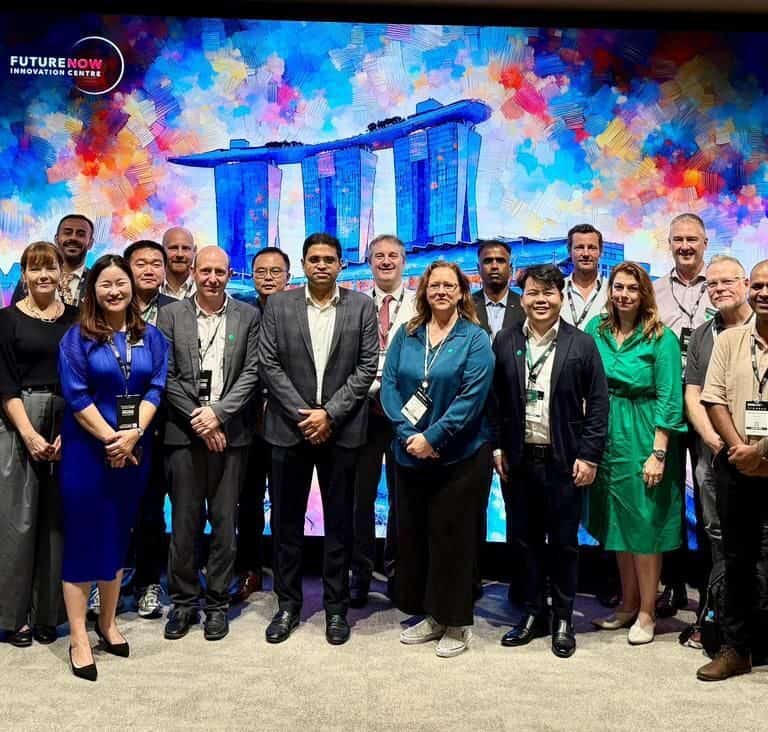The third quarter of 2024 labour market statistics for Saudi Arabia offer a rich landscape of opportunities for recruitment agencies to support Saudi Arabia on its aspirational Vision2030 goals. With evolving labour force dynamics and an active pursuit of workforce growth, agencies can play a pivotal role in meeting both local and expatriate hiring needs. Here are the key insights and areas for strategic focus drawn from the latest labour market data.
Labour Market Dynamics and Growth
The overall unemployment rate in Saudi Arabia reached 3.7% in Q3 2024, showing a slight quarterly rise but marking a notable yearly decline (i.e. indicating that this is likely seasonal). The participation rate increased to 66.6%, and the employment-to-population ratio grew to 64.1%. These statistics indicate a vibrant job market with increasing workforce engagement.
Among Saudis, the unemployment rate was 7.8%, accompanied by an encouraging rise in their labour force participation rate to 51.5%. The data reveal strong potential for tapping into a motivated national talent pool, particularly as the employment-to-population ratio continues its upward trajectory.
Opportunities in Gender Diversity
Female workforce participation reached 36.2%, up by 0.8 percentage points from the previous quarter. Although their unemployment rate rose to 13.6%, this group remains a significant reservoir of talent, particularly in emerging industries and sectors targeted by Saudi Vision2030. Recruitment agencies can collaborate with employers to design tailored roles and supportive workplace policies to attract and retain female talent.
Saudi male participation increased to 66.9%, with employment levels also on the rise. However, a higher male unemployment rate of 4.7% highlights areas for agencies to explore, such as job matching and skills development programs.
Youth Engagement: A Critical Focus
Saudi youth (15–24 years) represent a promising segment for recruitment initiatives. Labour force participation rose for both genders, with females reaching 18% and males 34.6%. Notably, the unemployment rate for female youth hit 24.5%, and for males, it stood at 14%. These figures underscore the need for entry-level roles, internships, and apprenticeships that bridge the gap between education and employment.
Agencies can serve as key intermediaries, working with educational institutions and businesses to create pathways for youth employment. Programs emphasizing digital skills, entrepreneurship, and STEM-related fields are especially vital given global trends.
Core Working-Age and Experienced Professionals
Saudi individuals in the core working-age group (25–54 years) showed an increased participation rate of 69.4%. The unemployment rate for this segment rose slightly to 6.7%, but the high employment-to-population ratio (64.8%) reflects a stable, employable demographic. Recruitment agencies can target this group with opportunities in management, technical roles, and specialized professions.
For older professionals (55+), labour force participation continues to grow, suggesting a willingness among this group to remain active. Agencies can develop roles that accommodate flexible working conditions, mentoring positions, and consulting engagements, catering to experienced talent.
Digital Platforms and Job Search Behaviour
Saudi job seekers are leveraging multiple active methods, with an average of 5.0 methods per individual. Popular strategies include:
- Asking friends or relatives (87.7%).
- Applying directly to employers (75.0%).
- Utilizing the national employment platform, Jadarat (71.2%).
Recruitment agencies can capitalize on these behaviours by enhancing digital presence, partnering with platforms like Jadarat, and streamlining application processes to attract top talent.
Sectoral Trends and Employer Needs
The data reveal a strong preference among unemployed Saudis to work in the private sector (95.6%). Willingness to commute for an hour (60.9% of females, 44% of males) and to work eight hours or more per day (77.5% of females, 91.1% of males) reflects a motivated and adaptable workforce.
Industries aligned with Vision2030, such as renewable energy, healthcare, tourism, and technology, offer fertile ground for recruitment efforts. Agencies can align with these sectors to identify skill shortages and source both local and international talent.
Expatriate Workforce and International Hiring
Non-Saudi participation remained robust at 80.2%, underscoring the kingdom’s reliance on expatriate workers. Recruitment agencies specializing in international hiring can support employers in navigating visa processes, cultural integration, and compliance with labour laws. As Saudi Arabia transitions to a knowledge-based economy, demand for skilled expatriates in technical and innovative roles is likely to grow.
Tailored Strategies for Recruitment Agencies based on this Data
- Diversity Recruitment: Expand initiatives to attract Saudi women and youth, focusing on flexible roles and professional development programs.
- Digital Transformation: Leverage platforms like Jadarat and invest in AI-driven job-matching technologies to connect candidates with suitable roles efficiently.
- Sector-Specific Expertise: Develop industry-focused teams to address hiring needs in high-growth areas like tech, healthcare, and green energy.
- Youth and Entry-Level Programs: Partner with universities and vocational institutions to create targeted recruitment campaigns and internship opportunities.
- Expatriate Hiring Solutions: Strengthen networks in international markets to source high-demand skills and manage relocation services.
Saudi Arabia’s labour market presents a wealth of opportunities for recruitment agencies willing to adapt and innovate. From fostering gender inclusion and youth employment to supporting Vision2030 industries, the third quarter of 2024 highlights areas where agencies can add value.
For more information see also the latest release here from the General Authority for Statistics (GASTAT) which was released on the 31st of December 2024.

Singapore’s Latest Labour Market Analysis Compared to Australia
Recently Ubidy had the pleasure of being invited to join a trade mission to Singapore and Malaysia and as a part of this trip, we noticed some fascinating aspects of...
Read More
How will AI affect what talent sourcing teams are doing in three years’ time?
Since the launch of generative AI tools like ChatGPT and Sora, tech companies have been redefining the way companies source talent. New so-called agentic AI tools that allow AI agents...
Read More
